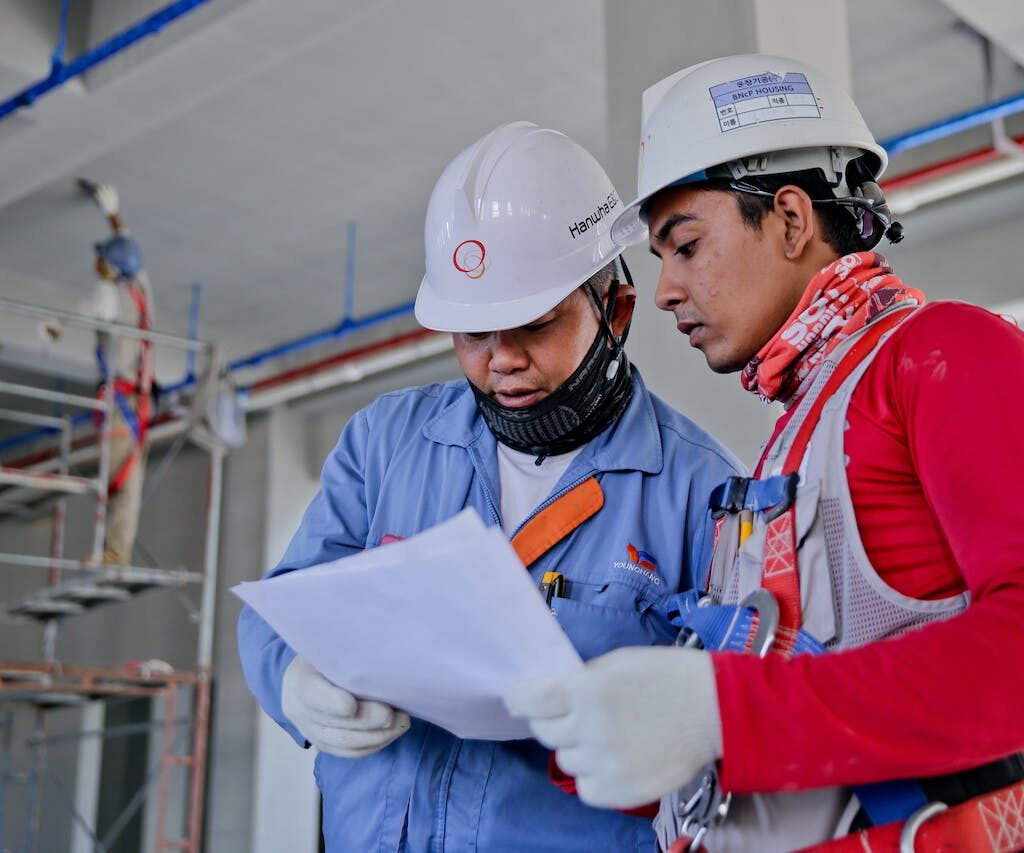
The construction industry plays a crucial role in shaping the world around us. However, traditional construction methods often come with a heavy environmental footprint. Sustainable construction practices aim to minimize this impact by using eco-friendly materials, reducing waste, and incorporating energy-efficient technologies.
Benefits of Sustainable Construction:
- Environmental Impact: Sustainable construction helps reduce the depletion of natural resources, minimize pollution, and lower greenhouse gas emissions. By choosing materials with lower carbon footprints and implementing energy-efficient designs, construction businesses can contribute to a healthier planet.
- Cost Savings: While there may be an initial investment in adopting sustainable practices, the long-term benefits often outweigh the costs. Energy-efficient buildings can lead to lower utility bills, and the use of recycled or locally sourced materials can be more cost-effective in the long run.
- Market Demand: Consumers are becoming more environmentally conscious, and there is a growing demand for sustainable construction. Businesses that prioritize eco-friendly practices can gain a competitive edge and attract clients who value sustainability.
Implementing Sustainable Construction Practices:
- Materials Selection: Choose materials with lower environmental impact, such as recycled or rapidly renewable resources. Consider the life cycle of materials to ensure they are durable and can be recycled at the end of their use.
- Energy Efficiency: Incorporate energy-efficient technologies, such as solar panels, LED lighting, and high-performance insulation. Design buildings with natural lighting and ventilation to reduce the need for artificial heating and cooling.
- Waste Management: Implement strategies to minimize construction waste by reusing materials, recycling, and properly disposing of waste. Adopting a circular economy approach can further reduce the environmental impact of construction projects.
Conclusion: Sustainable construction practices are not just a trend; they are a necessity for a greener and more sustainable future. By embracing these practices, construction businesses can not only contribute to environmental conservation but also benefit from cost savings and increased market demand.


Add a Comment